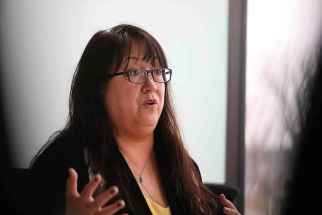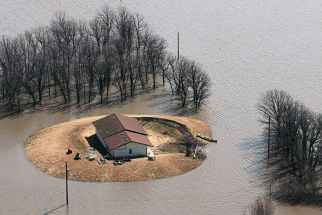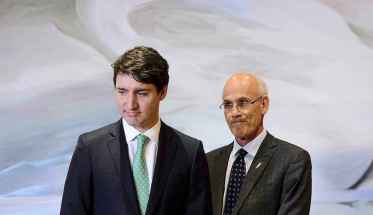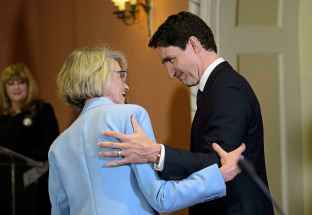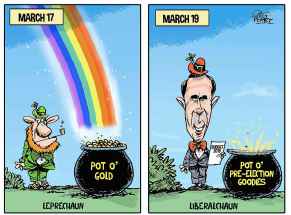Indigenous voice missing from PM’s team
Read this article for free:
or
Already have an account? Log in here »
To continue reading, please subscribe:
Monthly Digital Subscription
$0 for the first 4 weeks*
- Enjoy unlimited reading on winnipegfreepress.com
- Read the E-Edition, our digital replica newspaper
- Access News Break, our award-winning app
- Play interactive puzzles
*No charge for 4 weeks then price increases to the regular rate of $19.00 plus GST every four weeks. Offer available to new and qualified returning subscribers only. Cancel any time.
Monthly Digital Subscription
$4.75/week*
- Enjoy unlimited reading on winnipegfreepress.com
- Read the E-Edition, our digital replica newspaper
- Access News Break, our award-winning app
- Play interactive puzzles
*Billed as $19 plus GST every four weeks. Cancel any time.
To continue reading, please subscribe:
Add Free Press access to your Brandon Sun subscription for only an additional
$1 for the first 4 weeks*
*Your next subscription payment will increase by $1.00 and you will be charged $16.99 plus GST for four weeks. After four weeks, your payment will increase to $23.99 plus GST every four weeks.
Read unlimited articles for free today:
or
Already have an account? Log in here »
Hey there, time traveller!
This article was published 18/03/2019 (2463 days ago), so information in it may no longer be current.
Prime Minister Justin Trudeau on Monday gave another spin to the revolving door of president of the Treasury Board — and in came Joyce Murray, the Vancouver MP who had understudied the role as parliamentary secretary. She becomes the fourth person in the big chair since mid-January. After all the shuffling, however, the government still lacks a powerful Indigenous voice.
Nova Scotian Scott Brison quit the Treasury Board post Jan. 14, saying it was for family reasons. Ontario’s Jane Philpott took his place but quit seven weeks later because she couldn’t stand Mr. Trudeau’s treatment of his former justice minister, Jody Wilson-Raybould. Vancouverite Carla Qualtrough, who also does Public Services and Procurement, filled in as acting minister until the appointment of Ms. Murray. That makes four ministers in nine weeks, a head-spinning rate of churn.
The Treasury Board is a central agency of government, policing the work of all departments to ensure that spending is properly authorized and departmental action conforms to law, government policy and ethical standards. Since the cat has, in effect, been away since Mr. Brison announced his imminent departure in December, Ms. Murray may find that the departmental mice have been gleefully at play since the Christmas break.
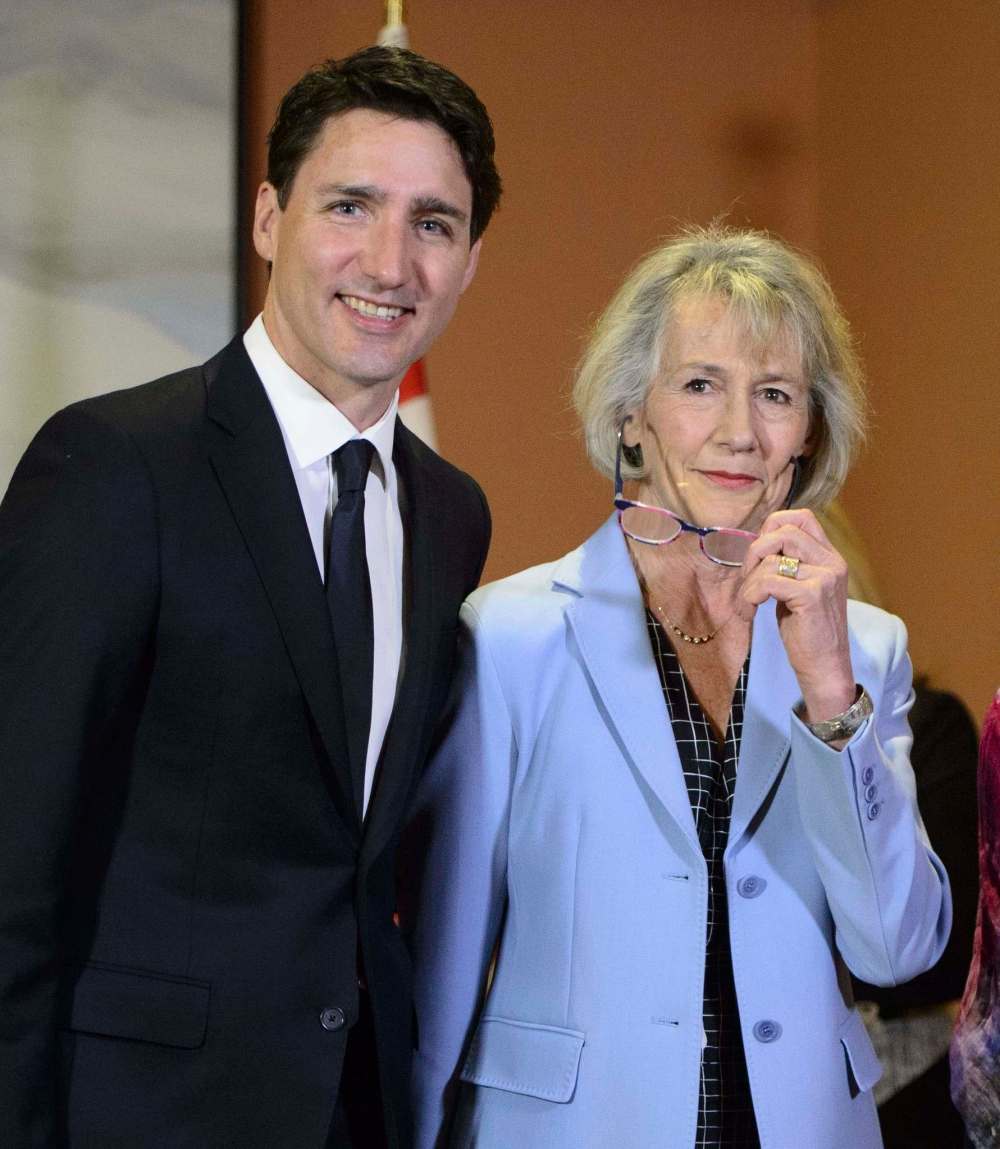
With luck, Ms. Murray will stick around long enough to do the job. That should help get the machinery of government functioning smoothly. An important gap remains, however: Mr. Trudeau’s government used to include a powerful Indigenous voice in Ms. Wilson-Raybould. Now, it has none.
Canada has been pursuing reconciliation with Indigenous people in a general way for 30 years and in a very focused way since Stephen Harper’s government appointed the Truth and Reconciliation Commission under Judge Murray Sinclair 11 years ago as part of the settlement with residential school survivors. The commission reported in 2015, as Mr. Trudeau’s Liberals were taking power. The appointment of Ms. Wilson-Raybould as justice minister was an important step toward reconciliation. She was both a B.C. Crown prosecutor and an important Indigenous leader.
That appointment ended badly, with Ms. Wilson-Raybould’s removal from the justice post in January and her acrimonious departure from the cabinet in February. The rights and wrongs of her quarrel with Mr. Trudeau have been picked over ever since.
The government, however, needs a powerful Indigenous voice now as much as it did in 2015. The Wilson-Raybould saga so far seems to show that there is no place for a strong Indigenous leader at the top level of Canada’s government.
Mr. Trudeau and the leaders of other parties should not leave it at that.
All the parties are currently nominating their candidates for a general election this year.
Mr. Trudeau and his party won in 2015 for many reasons, one of which was a wave of support from Indigenous voters who had stayed home in previous elections but turned out to vote Liberal that year. That election showed that a program of openness to reconciliation can attract important Indigenous candidates and win wide support from the public.
The governing Liberals should aim to maintain their former support in the Indigenous community. The opposition parties should match their efforts. All parties should be recruiting prominent Indigenous candidates. They should be showing Canadians that the Wilson-Raybould episode was a speed bump, not the end of a road.
History
Updated on Monday, March 18, 2019 7:13 PM CDT: Adds photo

